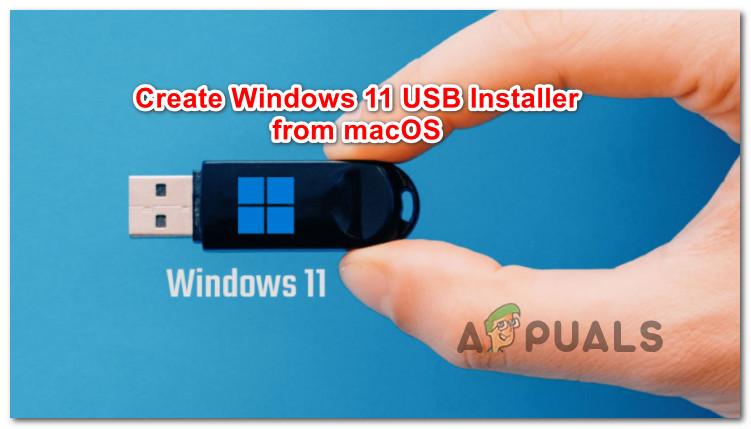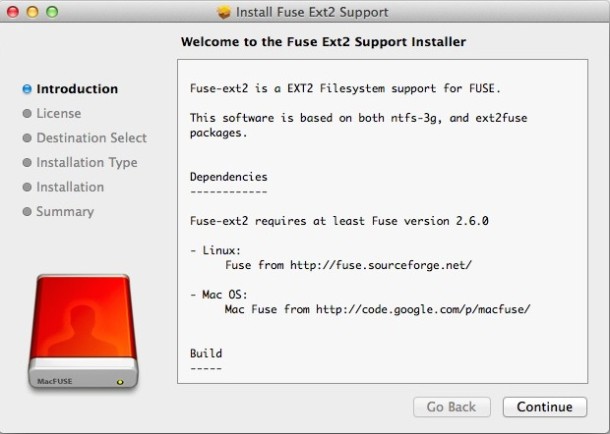
- #What filesystem for flash drive to install linux on mac how to
- #What filesystem for flash drive to install linux on mac install
- #What filesystem for flash drive to install linux on mac windows 10
Start the system and from the boot menu select the Flash drive as a bootable medium.
#What filesystem for flash drive to install linux on mac install
Insert the bootable Proxmox USB into the laptop or PC where you want to install it.Simply close the notification and Safely Eject the Drive. In case, after completion, on the Windows operating system, you get a pop-up to format the USB drive, don’t do that. Wait for a few minutes and it will be completed.Select the Proxmox downloaded ISO file.Once the Etcher is on your system, run it.At least before you need to format the usb drive for any reason, if you format it using Linux ext3 or any other Linux mode, you will not be able (at least not easily) to share data with Windows users. Attach the Pen Drive to the system that you want to use. For all Linux users, work with usb drives, is really easy, and share data with Windows users through it, is also easy.Nevertheless, here are the instructions for the Etcher installation on Linux.

Moreover, even Linux users can install with just one click.
#What filesystem for flash drive to install linux on mac windows 10
#What filesystem for flash drive to install linux on mac how to
Here in this tutorial, we will learn how to install Proxmox using a USB drive

Furthermore, Proxmox can also manage containers, software-defined storage and networking, clustering, and more such tools. It is based on Debian Linux and comes with a built-in web interface to easily install, access, and delete various kinds of VMs created over it. Proxmox is an open-source bare-metal virtualization solution that can turn your system into a complete enterprise virtualization platform. In this tutorial, we will learn the steps to create Proxmox Virtualization bootable USB drive on Linux, Windows, or macOS to install it on a Server, PC, or Laptop for creating virtual machines. diskutil list /dev/disk0 : TYPE NAME SIZE IDENTIFIER 0: GUIDpartitionscheme 500.3 GB disk0 1: EFI EFI 209.7 MB disk0s1 2: AppleCoreStorage 400.0 GB disk0s2 3: AppleBoot Recovery HD 650.0 MB disk0s3 4: AppleCoreStorage 98.8 GB disk0s4 5: AppleBoot Recovery HD 650.0 MB disk0s5 /dev/disk1 : TYPE NAME SIZE IDENTIFIER 0: AppleHFS YosemiteHD 399.6 GB disk1 Logical Volume on disk0s1.


 0 kommentar(er)
0 kommentar(er)
